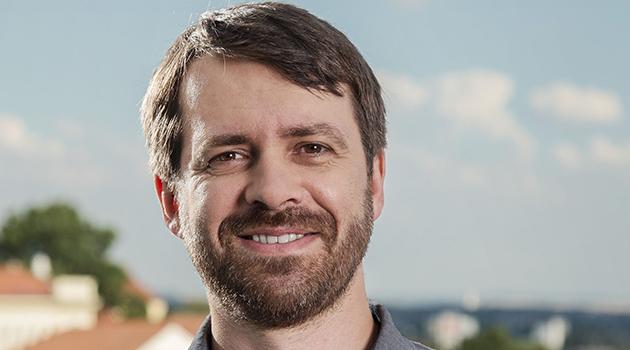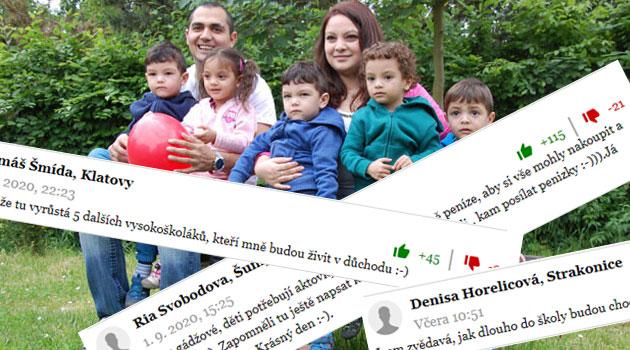Commentary: Czech journalists stoke hatred of Romani people to distract from failed pandemic response

On Saturday, 19 September, the Czech online daily iDNES.cz published an article about how Brno’s Cejl Street and the surrounding neighborhood are a “no-go zone”, a term customarily used to refer to localities where not only are ordinary people afraid to walk around, but even the police and other public authorities do not intervene there. It is exactly such an impression the reporters did their best to induce when they wrote that Cejl is “a locality where you see the police just drive through.”
That allegation is made directly in the headline, and the full article is just available to subscribers. Anybody who opened up iDNES.cz yesterday must have received the immediate impression that it is better to think twice before visiting Cejl Street.
Even for those who are not very familiar with Brno, it is not difficult to discover that Cejl Street and its surrounding neighborhood is the biggest of Brno’s socially excluded localities and that its residents are grappling with many social problems, but it would be suitable to add that it is a locality that is immediately adjacent to the city’s historical center, that it is very accessible both to pedestrians and by public transit, that a children’s theater and a trauma hospital are located there along with many enterprises and firms, that there is a distinct Romani community there and the quarter is demographically and ethnically very diverse, that in recent years there has been a great deal of building and reconstruction underway there, and that many things happen there that attract people from all over the city. The authors of the article couldn’t use any of that, though, so they are silent about such matters.
The authors also couldn’t make use of local police statistics, because the data do not document the impression they were hoping to make, which is that the crime rates there could be higher than in other parts of Brno. They simply left that fact out and alleged that people living in the neighborhood prefer not to report crimes.
What is included in the piece instead are sentences like this one: “Here and there small groups of Romani people are walking around, drug addicts with dogs, homeless people and freakish individuals.” The authors have no problem tarring drug addicts, homeless people and Romani people with the same brush.
Apparently, in their view, all of these people are the same kind of social detritus. The disgust conveyed by the article is chilling.
For what reason might somebody travel to Brno in search of the very worst and, without providing any context, write an article about it in one of the most-read Czech media outlets? One answer comes to mind.
Given that iDNES.cz is a media outlet closely connected to the figure of current Prime Minister Babiš, this content could be serving his interests. This is reminiscent of the situation when, on the day of enormous demonstrations against the PM in Prague, the front page of iDNES.cz carried a report about a test of the first aid kits being sold for cars.
The attention of the inhabitants of the Czech Republic right now is fixed above all on how the Government has failed to control the pandemic, and it appears that Romani people and the problems associated with them are being used to distract attention away from that failure. Of course, this is a very dangerous game to play with a fear that can quite easily grow into hatred.
It is apparent that very hard times await us as the number of infected people rises here. It is quite irresponsible to play the tune of hatred against various groups at this particular moment.
